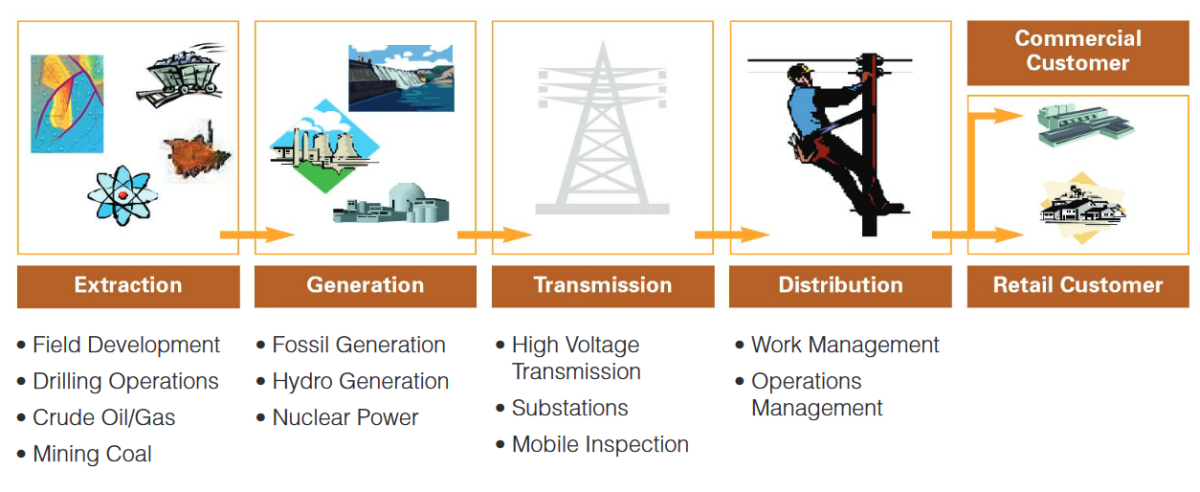R&D Activies:
you can count on us to:
A. Optimise your assets and their performance

B. Simplify your processes

C. Ensure minimum impact on your time and resources

D. Increase revenue

Our support
Our specialists, engineers, and PhDs in the energy sector, can support you in your work to enhance the value of your R&D and innovation activities by providing their expertise in distinguishing between real research activities and traditional engineering activities, which are often difficult to distinguish.
R&D for Energy & The Environment
A sector with major challenges
Reducing energy consumption is a significant environmental and financial challenge, and is a major driver of research, especially in this context where human activities have an increasingly negative impact on the environment, such as global warming.
There are several different types of energy:
- Fossil fuels (gasoline, natural gas, coal, etc.)
- Electricity
- Nuclear
- Renewable energy (wind, hydro, geothermal, solar, biomass, etc.)
Several avenues are being explored in this sector to reduce waste, improve energy efficiency and reduce environmental impact. A great deal of research and development work is currently being conducted in energy production, construction, transportation, and the marine and offshore sectors, etc.
Indeed, research topics are oriented towards increasing energy efficiency in the production of all types of energy, improving the insulation performance of building materials, nuclear dismantling, recycling motor vehicle parts, developing models to simulate energy consumption in buildings, producing energy from the forces or resources of the marine and offshore environments, developing batteries for electric vehicles, developing biofuels, etc.
Speciality:
- Technology integration
- Technology performance analysis
- Process improvement
- Digital integration
- Asset management
- ICT
- IOT
- Renewable’s technologies (Solar, Wind, Battery)
- Whole energy chain at asset management and technology integration and adaptation:

What counts as R&D?
- Development of an alternative fuel mix to reduce emissions of pollutants and consequential study of the resultant effect on system performance.
- Study and improvement of an energy distribution network to lessen inefficiencies such as distribution losses or inherent intermittency of renewable energy sources.
- Scaling up from a prototype energy system to one which is commercially viable.
- Reducing noise and vibrations in a system.
- Development work related to the scaling up of the blending process for specific fuel compositions, such as enthalpy and stirring considerations.
- Development and analysis of a renewable energy system to operate in extreme environments, such as marine or high temperature.
- Development of a processing facility to provide different or less expensive alternative fuels.
- Creating a sustainable energy system which achieves the same output as other systems but can be constructed or operated at a lower cost.
- Laboratory work undertaken to fully understand the specific emissions created through the combustion of specific fuel blends (CO2, NOx gases etc.)
- Cooperative research with an external institution, such as a university or research body.
- Improving an older system to make it more efficient or increase its capabilities, through the integration of new technologies.
- Using an existing technology for a different application and to achieve a different outcome.
- Developing a new energy production system or prototype with improved functionality or capability.
- Data analysis for the whole unit with view of improving the performance and maintain the profitability.
Energy R&D is an important vehicle for the achievement of a wide variety of societal and policy goals. Because energy technology and fuel choices are critical determinants of economic prosperity, environmental quality, and national security, energy R&D is an important public policy vehicle. Moreover, the relative strength of energy R&D support is also a useful metric for the assessment of a number of public goods. The extent to which firms and government agencies view energy R&D as a priority activity and fund it accordingly may be regarded as a proxy indicator of political interest in selected policy areas such as climate change mitigation, national energy security, and overall environmental stewardship.
Oil & Gas Research and Development
We can assist in creating new processes and developing process efficiencies for the following:
- Cost saving
- Efficiency
- Meeting new changing environmental specifications
- Meeting new changing health & safety specifications
- Scale-up of carbon capture and storage, making it more economic
- Reducing waste
- Automation of instrumentation and processes
Transportation and storage of oil and gas, improving safety, efficiency etc.
